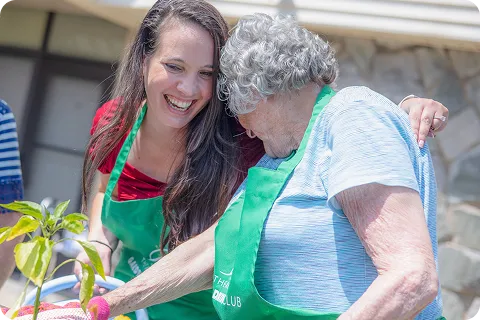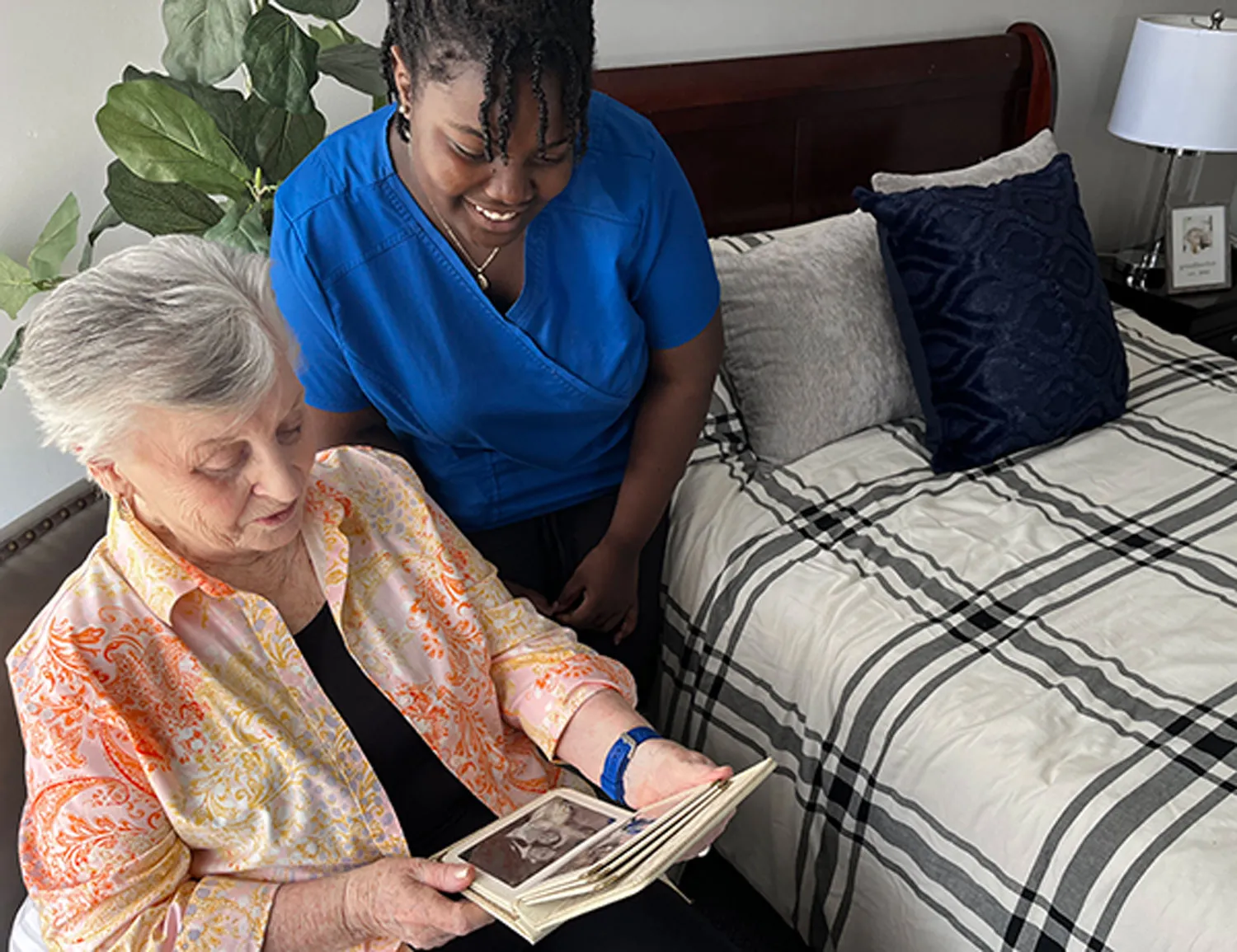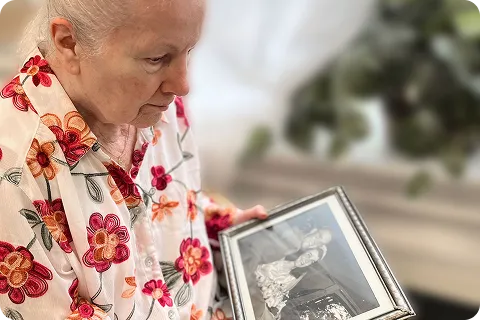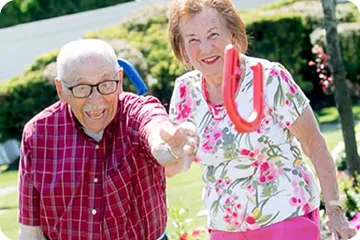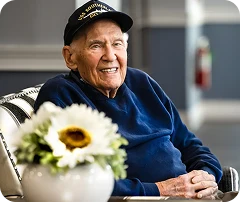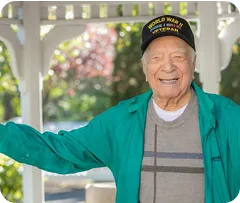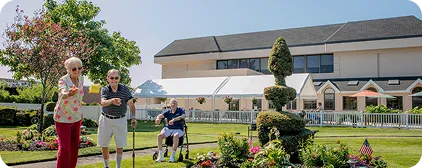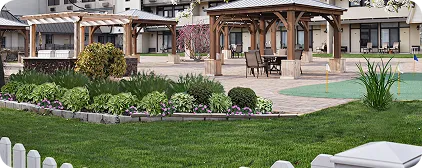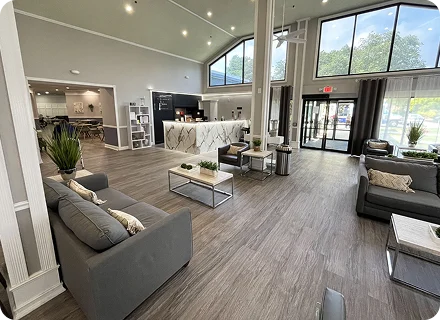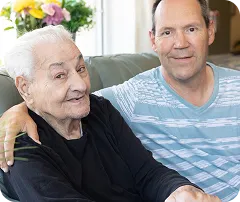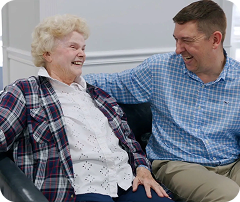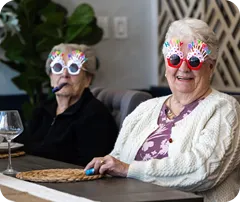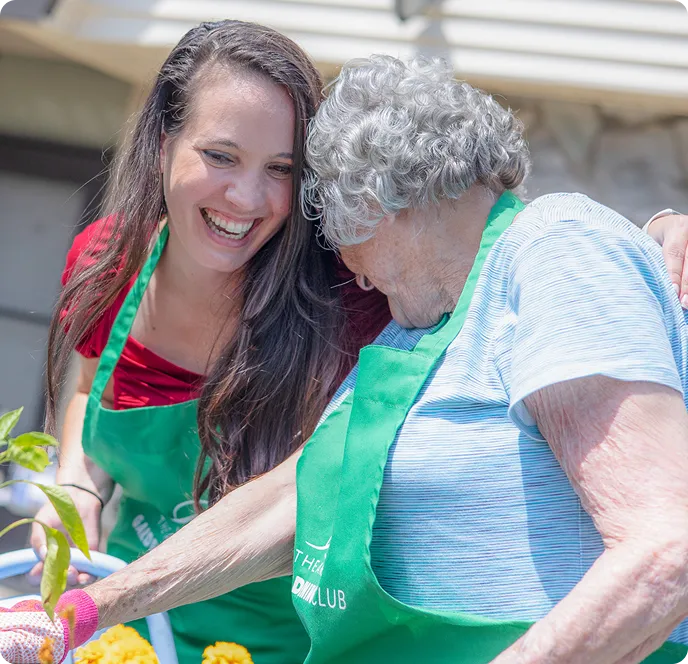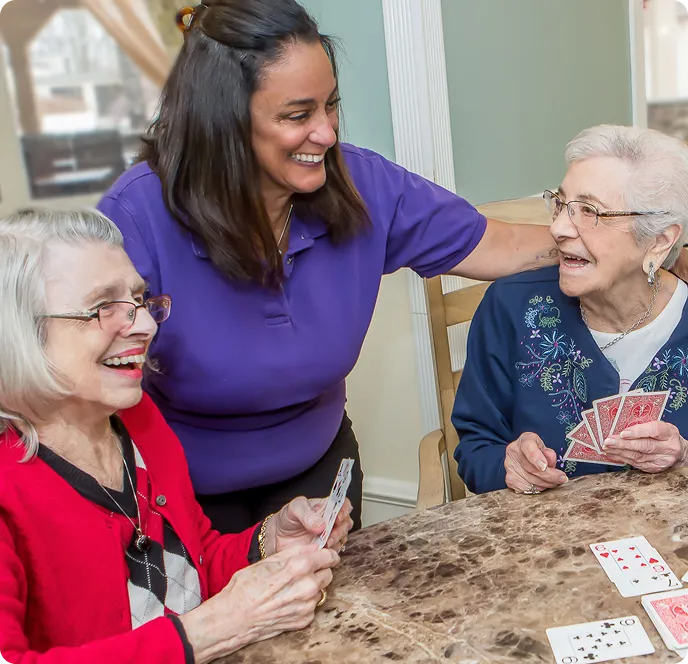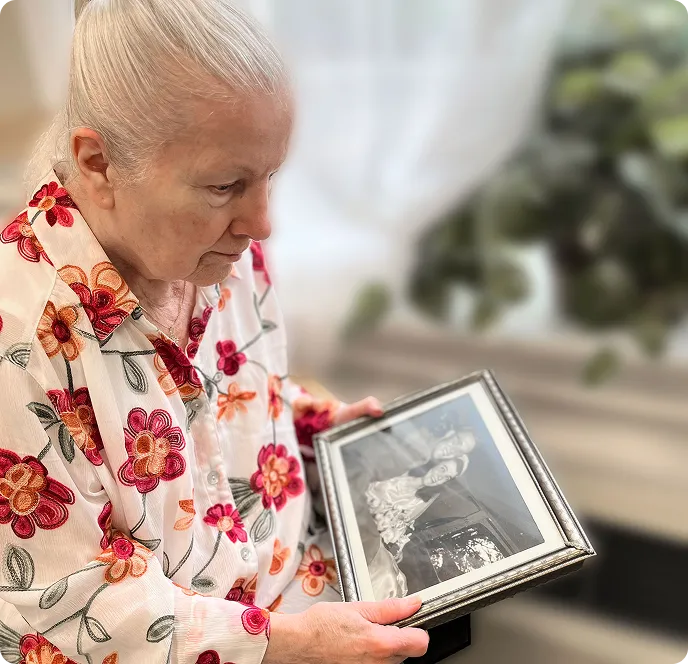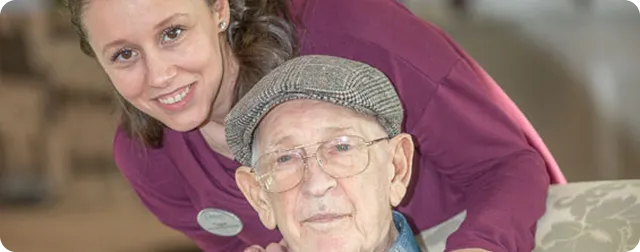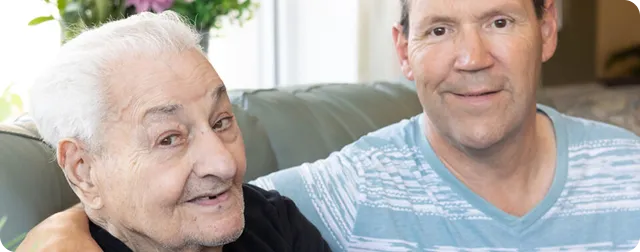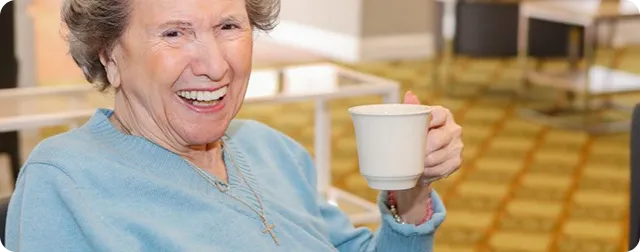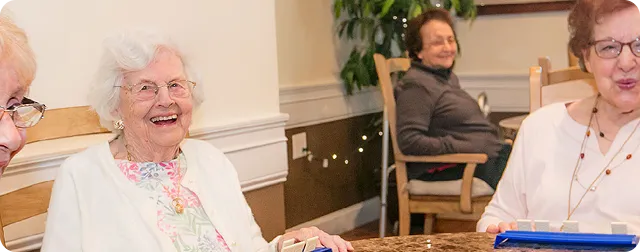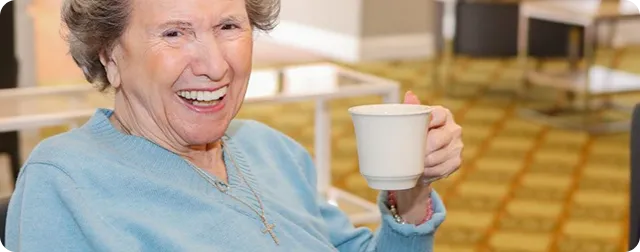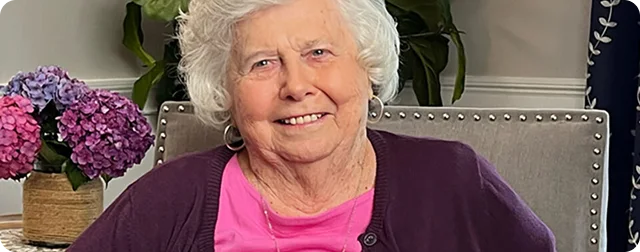(631) 778-7747
10 Ways to Keep Seniors Safe During Winter Weather
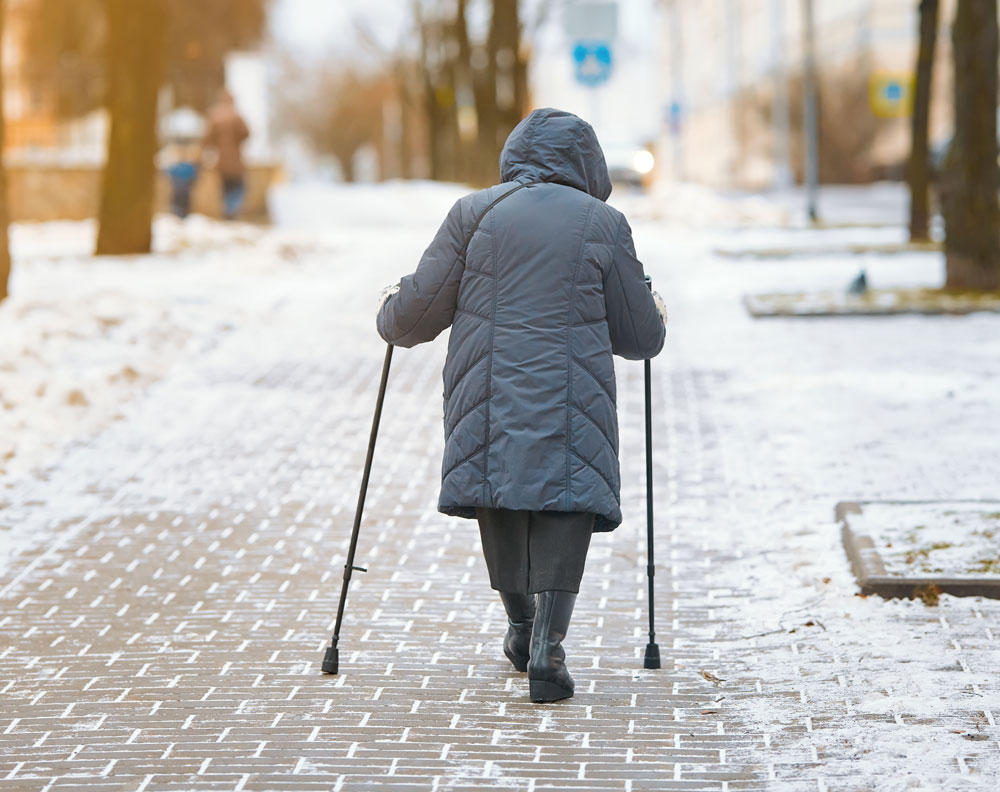
10 Ways to Keep Seniors Safe During Winter Weather
Chilly temperatures and treacherous snow and ice can terrorize the elderly during the winter months. Here are a few dangers to keep in mind and things that will help keep seniors safe during frigid winter weather:
Hypothermia: Each year, half of Americans who die from hypothermia are at least 65 years old. The elderly are particularly susceptible to becoming dangerously chilled because they have less fat, slower circulation and a more sluggish metabolism. A senior can even become hypothermic while indoors, so the thermostat should never be set below 65 degrees for a person who is 75 or older. Make sure that an elderly person is warmly dressed when inside the house as well as outside.
Dehydration: Seniors are especially prone to becoming dehydrated simply because they eat and drink less than younger people, thus they consume less water. In general, people also feel less thirsty during the winter and so are more prone to not drinking enough as they should. Make sure your elderly loved one is drinking consistently.
Ice and snow: Sidewalks slick with ice and snow pose a serious falling hazard for an elderly person. Make sure that the porch, driveway, sidewalk, etc. of the senior has been thoroughly cleaned. Try not to let them do it themselves—bring a shovel or hire an outside service. To maximize a senior’s stability, be sure that they have rubber-soled shoes and new treads on their walker or cane.
Disaster kit: Winter storms can be fierce enough to knock down power lines and forcibly confine seniors to their homes. It is essential to make sure a senior is equipped with a disaster kit to help them get through these times. Each kit should include enough food and water for several days (at least 3 gallons of water per person per day), a few days-worth of medication for the senior, a flashlight, a weather radio, extra batteries, and first-aid essentials.
Space heaters: While they can provide an elderly person with some much-needed warmth during the colder months, precautions need to be taken so these sources of heat don’t become health hazards. If the heater is gas powered, make sure the senior has a fully-functional carbon monoxide detector. If the heater is electric, make sure the cords aren’t damaged or fraying. Keep all heaters away from flammable materials such as cloth and paper and make sure the smoke detector is working properly.
Clothing: Mittens, scarves, sweaters, hats, and coats are a few of the must-have articles of clothing for seniors living in colder climates. Even when an elderly person is indoors, they should be dressed in warm layers so they can take clothes off if they are too hot, or put more on if they are too cold. Keep dry. Change wet clothing frequently to prevent a loss of body heat. Wet clothing loses all of its insulating value and transmits heat rapidly.
Vitamin D Deficiency: Vitamin D is a vital nutrient that has been linked to bone health, cancer prevention, incontinence prevention, and diabetes prevention. Lacking vitamin D is bad for a person’s health at any age, but can be particularly dangerous for the elderly. Making sure a senior is eating foods fortified with vitamin D is the safest way to help reduce or prevent a deficit. Certain varieties of milk, yogurt and juice all contain extra doses of the vitamin, but not so much as to pose a hazard to an elderly person’s health.
Avoid Falls: Take a couple minutes per day and stretch your limbs in order to loosen muscles. Stay inside – make arrangements for someone to shovel and salt driveways and walkways. Professional caregivers can assist with to-do items, such as bringing in the mail and/or picking up groceries. Wear shoes or boots with a non-skid sole. Have handrails installed on outside walls for frequently used walkways. If you use a cane or walker, check the rubber tips to make sure they are not worn smooth.
Seasonal affective disorder: Seasonal affective disorder (SAD) can occur in seniors and impact their emotional health. Some signs to watch for with SAD include: a loss of energy, an increased appetite and an enhanced feeling of lethargy and tiredness. If symptoms are present, talk to your medical provider about treatment options.
- Bohemia631-567-3113
- Hauppauge 631-582-3334
- Islandia East 631-323-6022
- Islandia West631-582-3600
- Westbury 516-333-6400
Recent News
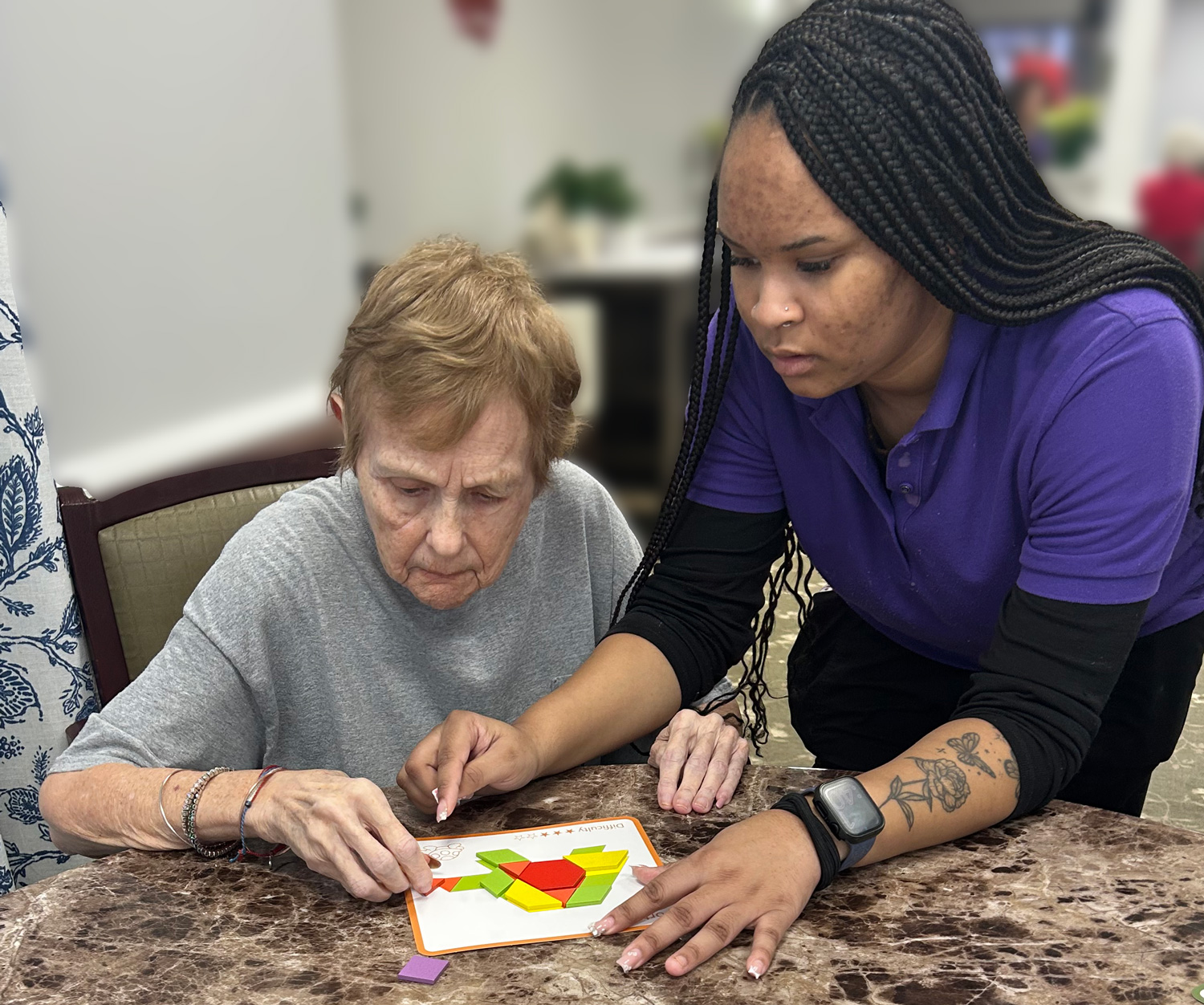
The Power of Touch
February 9, 2026
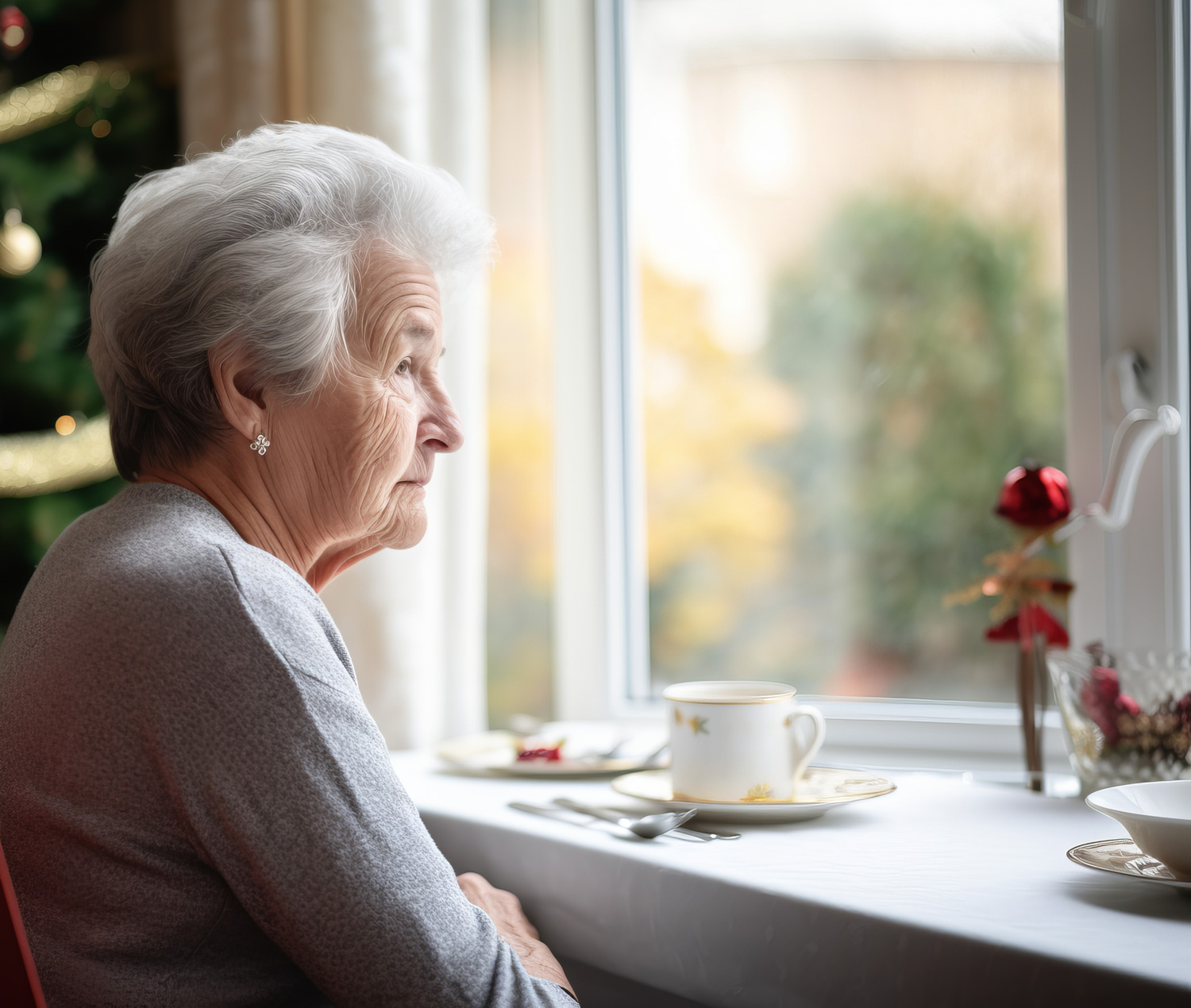
Winter Readiness for Caregivers: Do You Have a Plan?
January 6, 2026
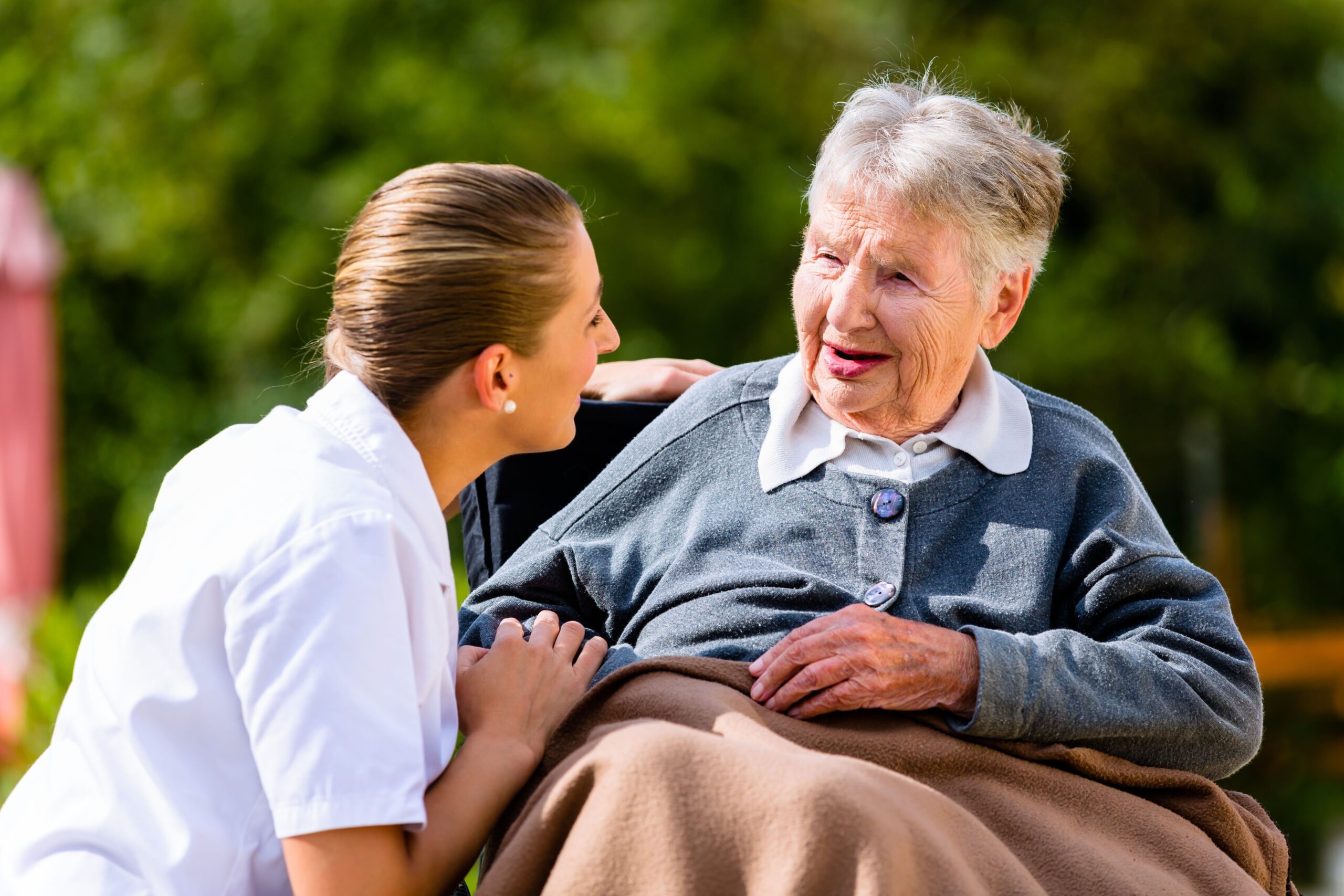
Important Topics to Discuss With Local Assisted Living Centers
November 10, 2025
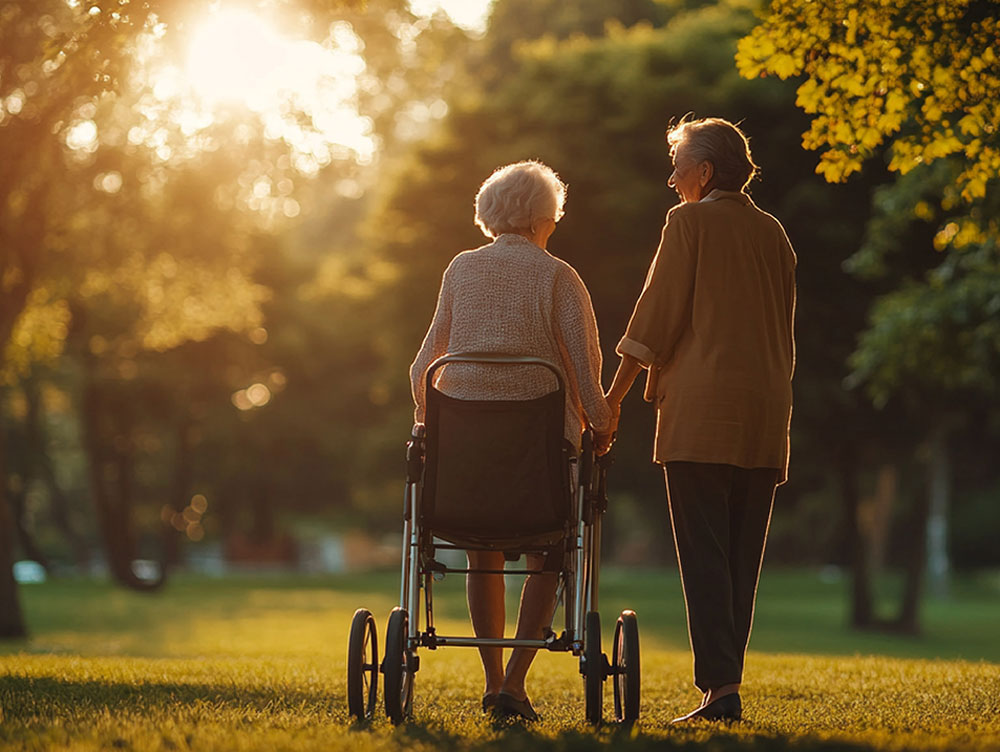
When It’s Time: Helping Your Parents Accept the Need for Assisted Living
October 15, 2025
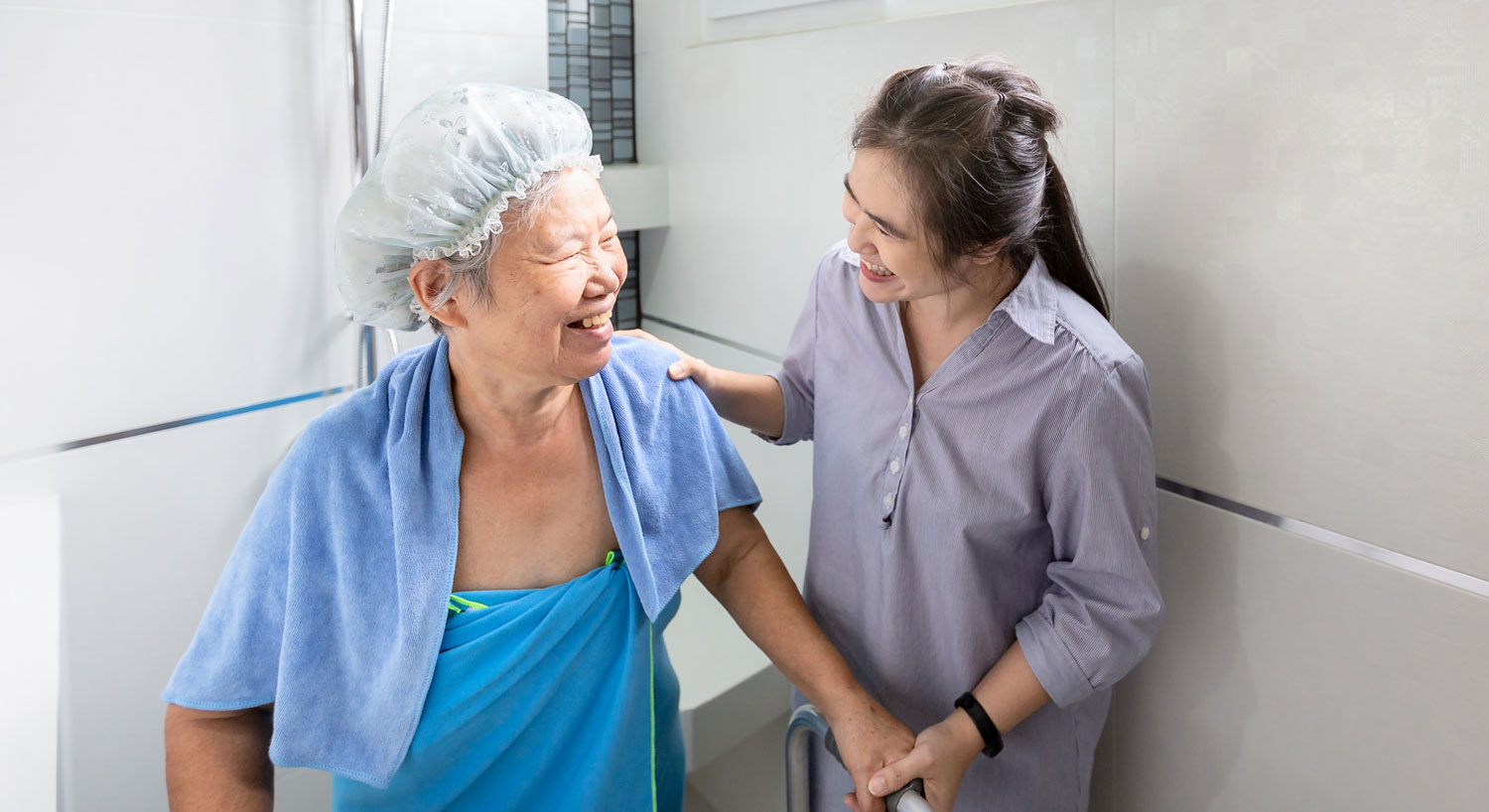
How to Encourage an Aging Parent to Shower When They Refuse
July 2, 2025
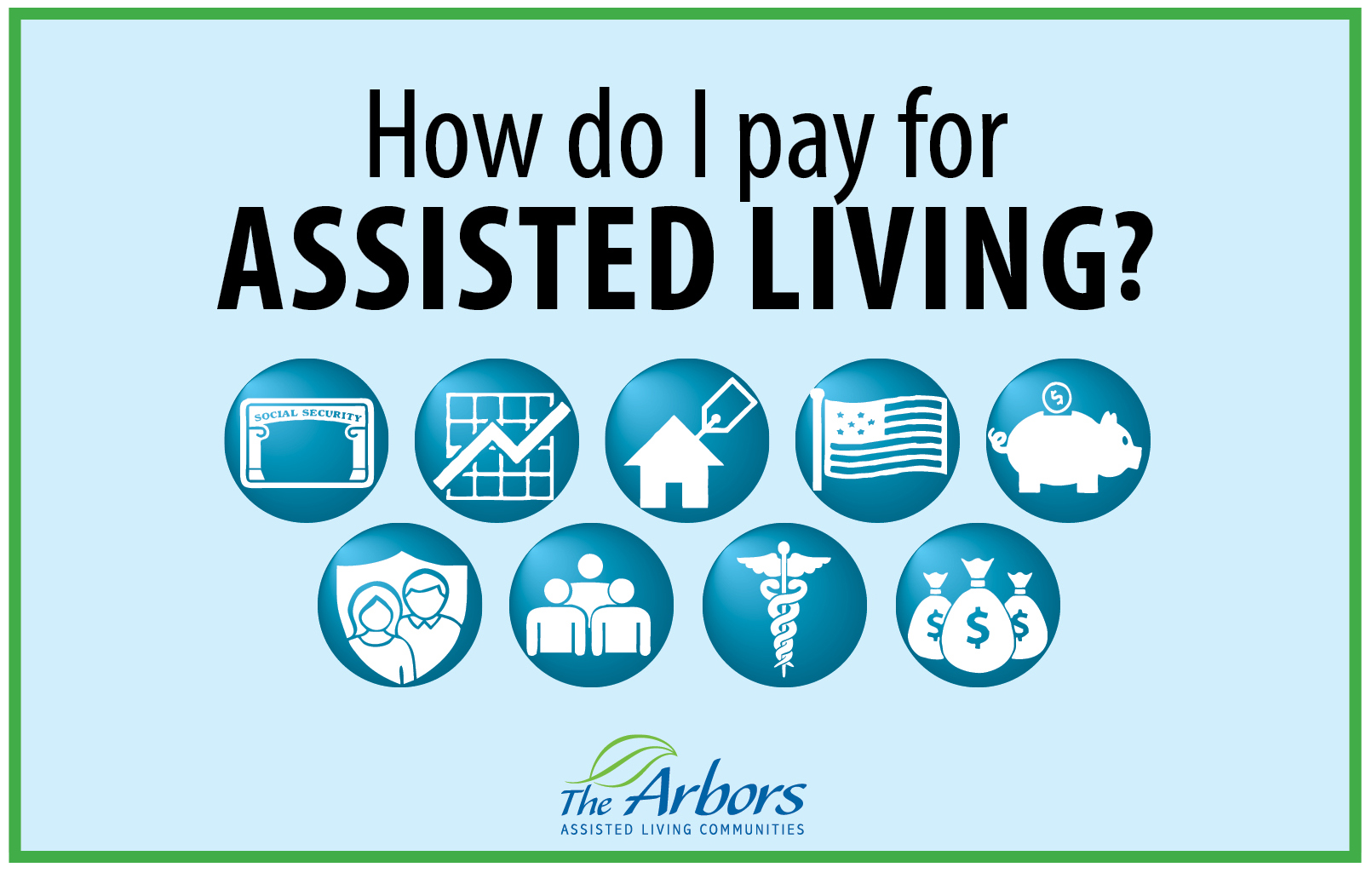
How Do I Pay for Assisted Living
June 6, 2025
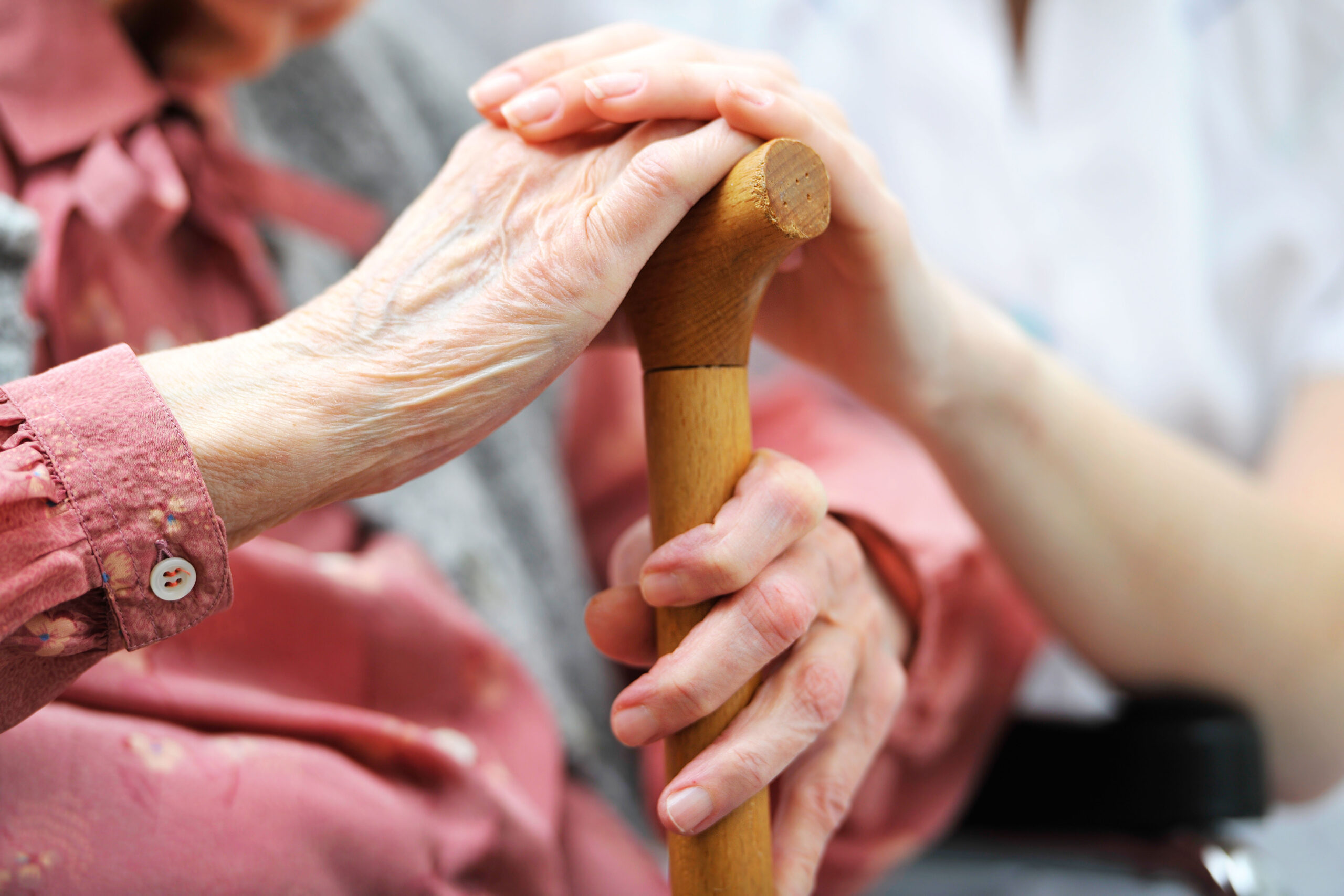
3 Signs You Should Consider Assisted Living
May 15, 2025
GET IN TOUCH
Let’s Talk About Making The Arbors Your Home
REQUEST A VISIT
Schedule a Tour of our Long Island Assisted Living Communities


